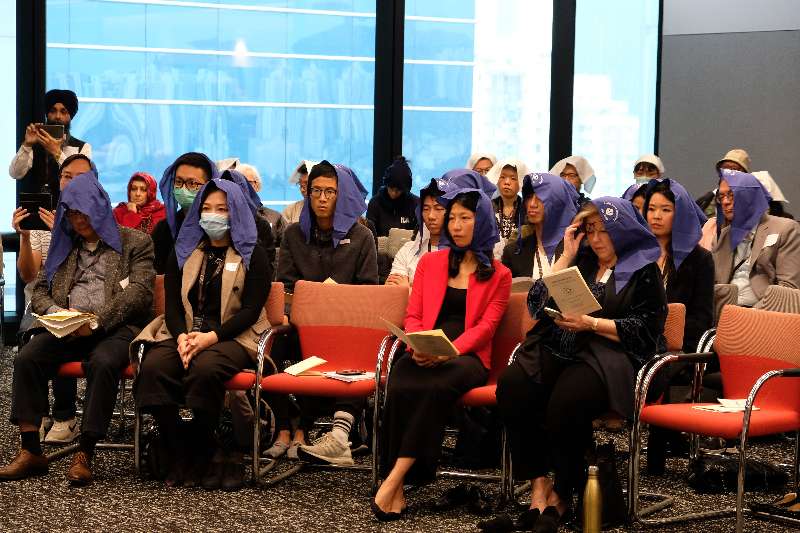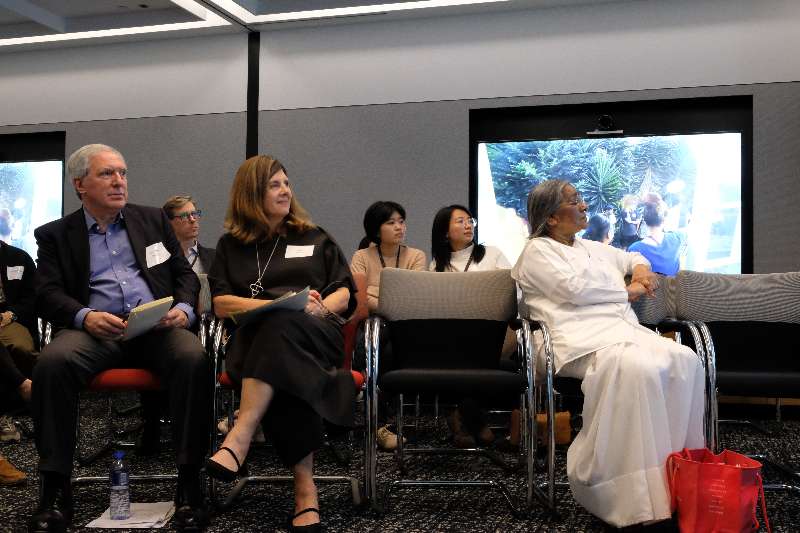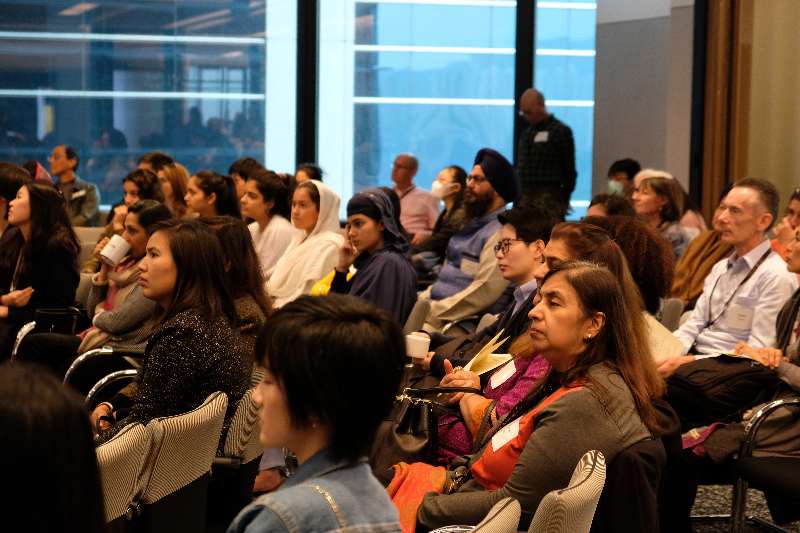I’ve written briefly about my afternoon at World Religion Day in Hong Kong, which was organized by the local Baha’i community. It took place only a couple of weeks before the coronavirus crisis took hold in Wuhan and spread across China and the world. The virus has plunged the global community into a crisis – parts of it completely legitimate, others fueled by rumors, hearsay, and the ugly specter of politics and point-scoring, especially in a global atmosphere of heightened geopolitical tensions and a return to great power competition.
My objective is not to name names, and many better than me have articulated the many nuanced points of tension that have become an everyday reality, especially here in Hong Kong. However, what became clear to everyone as the coronavirus spread over the Lunar New Year holiday, was that 2020 has not enjoyed a “stable” start, even if recent events should have taught us to expect otherwise by now. A confluence of trends, from the collapse of trust in governing institutions (in particular in Anglophone countries and, yes, here in Hong Kong) and the rise of populism across countries like India and Brazil, indicate a widespread anxiety about the future and increasingly violent reactions to global events. Multiple countries are, socially and politically, more polarized than ever, not least the United States, India, Britain, and many more besides.

Is it any wonder that given our sorry international situation, appealing for “unity” even in its vague sense seems so unpalatable to so many people? For a microcosm of this, just look at the outraged reactions at the disastrous Iowa caucus results (or lack thereof) in the process of nominating a Democratic challenger to Donald Trump in this year’s American presidential election in November. An already inflamed, angry electorate will be split even further, no matter how the fiasco is explained. Unity and coming together, for too many people, sounds hollow, not least when it comes from the mouths of religious leaders.
Yet those of us who see religion as a force for good in the world, World Religion Day was a reminder of how religions can be at their best when their adherents and teachers are at their best. As the Confucian representative quoted the Great Master: “My doctrine is that of an all-pervading unity. The union of many threads makes an unbreakable cord. Remember even when alone that the divine is everywhere. Seek to be in harmony with all your neighbors: live in amity with your brethren.” Hong Kong’s Hindu Temple representative quoted the ancient Atharva Veda (9:2, 19-25): “Meanwhile, the Hindu Love is the first-born, loftier than the gods, the fathers and men, You O Love, are the eldest of all, altogether mighty. To you we pay homage! In many forms of goodness, O Love, You show your face. Grant that these forms may penetrate our hearts.” One of my favorite quotes was from Saint Francis of Assisi:
Lord, make me an instrument of Your peace;
Where there is hatred, let me sow love;
Where there is injury, pardon;
Where there is doubt, faith;
Where there is despair, hope;
Where there is darkness, light;
And where there is sadness, joy.
O Divine Master,
Grant that I may not so much seek
To be consoled as to console;
To be understood, as to understand;
To be loved, as to love;
For it is in giving that we receive,
It is in pardoning that we are pardoned,
And it is in dying that we are born to Eternal Life.

In interfaith unity, there is no pretense to superiority and no ulterior intent to convert anyone. Rather, we are to learn from each other’s traditions in an atmosphere of trust, open arms, and hospitality. It is, in a sense, as challenging (and rewarding) as bridging the most yawning of political divides. As the coronavirus continues to wreak havoc across China and ground flights or limit travel, and people around the globe feel as if they’re struggling, angry, or even hopeless in the face of too much bad news, religious leaders and writers must stress that it is now that unity is urgently demanded: a call to solidarity, for there can be no spirituality without brotherhood or sisterhood to complement the inward turn to enlightenment.
The greater the world’s anxiety and sorrow, let our love and sense of togetherness rise ever mightier to meet it.

